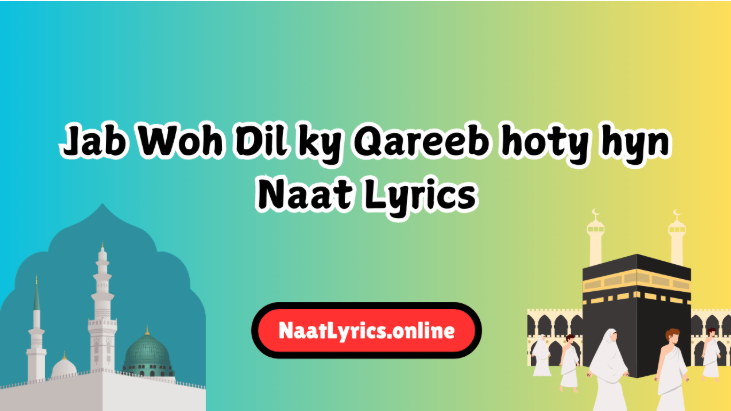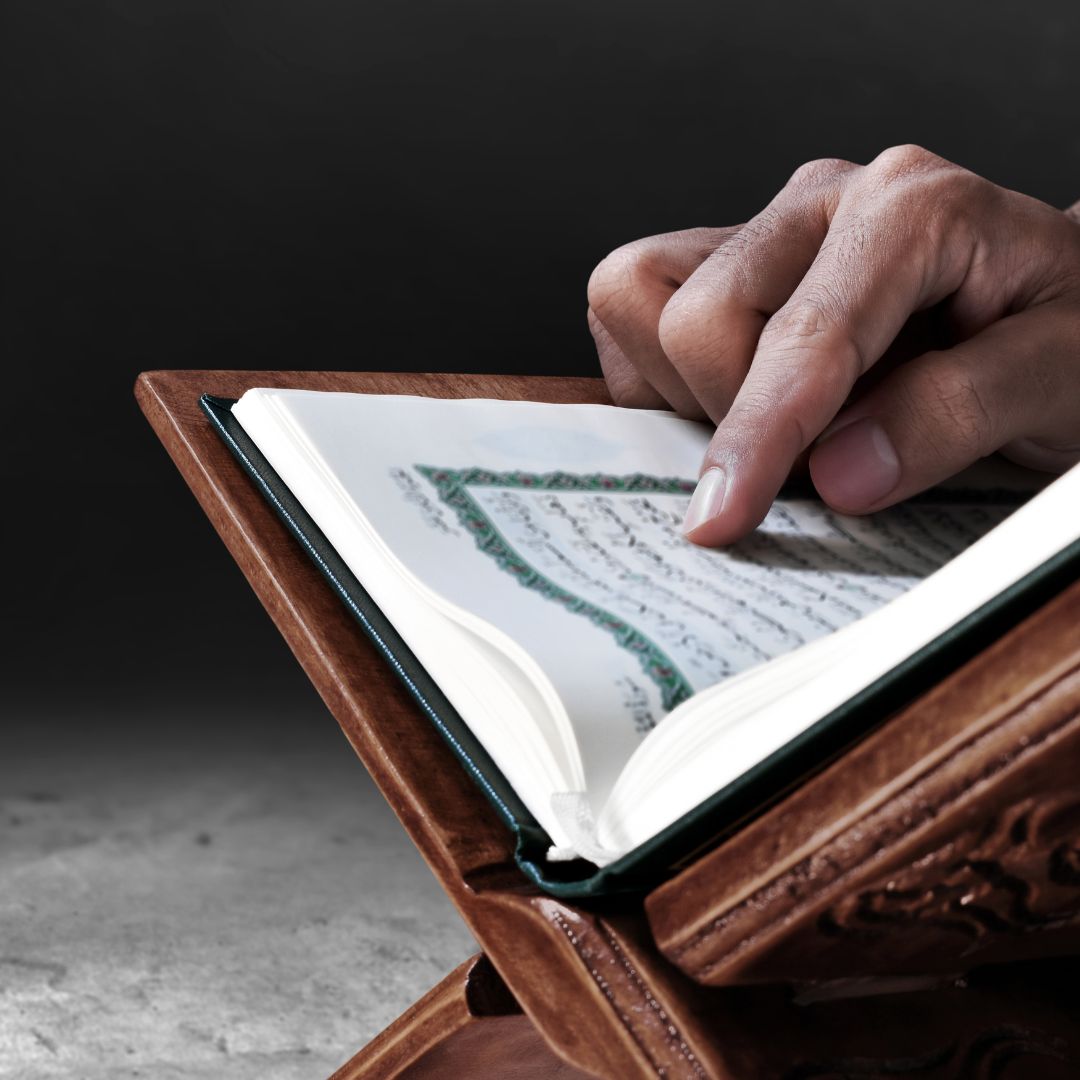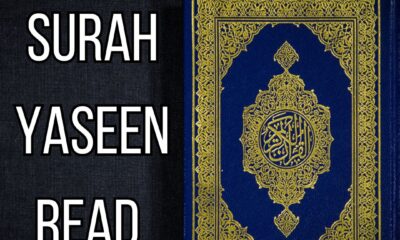Blog
Life After Death in Islam: A Comprehensive Analysis

Life after death is a central tenet of Islamic belief, profoundly influencing the moral and spiritual dimensions of a Muslim’s life. The doctrine shapes ethical conduct, provides meaning to existence, and connects humanity with divine accountability. This detailed exposition delves into the concept of life after death, the purpose of human life in this world, and provides substantiation from the Qur’an and Hadith, elaborating on key themes such as the stages of the afterlife, the Day of Judgment, and the eternal abodes of Paradise and Hell.
Purpose of Human Life in Islam
Islam answers the age-old question: “Why are we here?” The Qur’an articulates the purpose of human existence as servitude to Allah (SWT). Allah declares:
“And I did not create the jinn and mankind except to worship Me.”
(Qur’an 51:56)
Worship in Islam transcends ritual acts; it encompasses every action done with sincerity and intention to please Allah. The purpose of life is twofold:
- Worship and Obedience to Allah: By observing the prescribed acts of worship, Muslims express their devotion and gratitude to their Creator.
- Role as Khalifah (Steward on Earth): Humans are entrusted with the responsibility of maintaining harmony and justice on Earth.
“Indeed, I will make upon the earth a successive authority.”
(Qur’an 2:30)
This dual purpose aligns with Islam’s broader vision of a life that balances individual spiritual growth and collective well-being.
Life as a Test
The Qur’an portrays life as a test, a temporary phase designed to evaluate human faith, patience, and deeds:
“He who created death and life to test you as to which of you is best in deed.”
(Qur’an 67:2)
Human beings are endowed with free will, enabling them to choose between right and wrong. This moral agency underscores their accountability on the Day of Judgment.
The Concept of Life After Death
Islam teaches that death is not the end but a transition to another realm. The belief in an afterlife instills a sense of purpose, urging individuals to prepare for eternal life. The Qur’an and Hadith provide vivid descriptions of the events following death, emphasizing the reality of resurrection, judgment, and eternal reward or punishment.
Stages of the Afterlife
- Death and the Soul’s Departure
The moment of death marks the separation of the soul from the body. The righteous are greeted by angels with glad tidings, while the wicked face a terrifying ordeal:
“Indeed, those who have said, ‘Our Lord is Allah’ and then remained steadfast—the angels will descend upon them, [saying], ‘Do not fear and do not grieve but receive good tidings of Paradise, which you were promised.'”
(Qur’an 41:30)
- Barzakh (The Intermediate Realm)
Barzakh is the state between death and resurrection. Souls experience either comfort or torment based on their deeds:
“And behind them is a barrier until the Day they are resurrected.”
(Qur’an 23:100)
The Prophet Muhammad (PBUH) explained that the grave could be a garden of Paradise or a pit of Hell.
- The Day of Resurrection (Qiyamah)
The Day of Judgment begins with the resurrection of all humanity. The Qur’an vividly describes the chaos and awe of this day:
“When the Earth is shaken with its [final] earthquake and the Earth discharges its burdens… That Day, the people will depart separated [into categories] to be shown [the result of] their deeds.”
(Qur’an 99:1-6)
- The Accountability and the Scales
Every individual will be presented with their record of deeds. The scales of justice will determine their fate:
“And We will set up the scales of justice for the Day of Resurrection, so no soul will be treated unjustly at all.”
(Qur’an 21:47)
- The Eternal Abodes: Paradise and Hell
Based on their deeds, souls will enter either Paradise (Jannah) or Hell (Jahannam). Paradise is described as a place of eternal bliss:
“Indeed, the righteous will be in pleasure.”
(Qur’an 82:13)
Hell, on the other hand, is a realm of unimaginable torment for those who rejected faith:
“Indeed, the wicked will be in Hellfire.”
(Qur’an 82:14)
Evidence from the Qur’an and Hadith
Qur’anic Evidence
- Resurrection“And they say, ‘When we are bones and crumbled particles, will we truly be resurrected as a new creation?’ Say, ‘Be you stones or iron… Allah will resurrect you.'”
(Qur’an 17:49-51) - Accountability“So whoever does an atom’s weight of good will see it, and whoever does an atom’s weight of evil will see it.”
(Qur’an 99:7-8) - Reward and Punishment“As for those who believed and did righteous deeds, they will have the Gardens of Paradise as a lodging.”
(Qur’an 18:107) “But as for those who disbelieved, garments of fire will be cut out for them.”
(Qur’an 22:19)
Hadith Evidence
- On the Grave and Barzakh The Prophet (PBUH) said:“The grave is the first stage of the Hereafter; whoever passes it safely will find the rest easy, but if he does not, then the subsequent stages will be more difficult.”
(Sunan al-Tirmidhi) - Resurrection and Judgment“The feet of the son of Adam will not move on the Day of Judgment until he is asked about five things: his life and how he spent it, his youth and how he used it, his wealth and how he earned and spent it, and how he acted upon his knowledge.”
(Sunan al-Tirmidhi, Hadith 2416) - Paradise and Hell“Allah has prepared for His righteous servants what no eye has seen, no ear has heard, and no human heart has conceived.”
(Sahih al-Bukhari)
Human Responsibility and Preparation for the Afterlife
Islam emphasizes that belief alone is insufficient; it must be accompanied by righteous deeds. The Qur’an repeatedly links faith with action:
“Indeed, those who have believed and done righteous deeds will have gardens beneath which rivers flow.”
(Qur’an 85:11)
Key Responsibilities
- Worship and Rituals: Regular prayer, fasting, zakah (charity), and Hajj are pillars of Islam that connect individuals to Allah.
- Ethical Conduct: Honesty, justice, and compassion are integral to a Muslim’s life.
- Service to Humanity: Helping others is an act of worship. The Prophet (PBUH) said:“The best of people are those who bring the most benefit to others.”
(Sunan al-Kubra)
Conclusion
The belief in life after death profoundly impacts a Muslim’s life, fostering accountability, hope, and resilience. The Qur’an and Hadith emphasize that this world is a transient phase, urging believers to strive for eternal success. By fulfilling their purpose, worshipping Allah, and adhering to His guidance, humans can attain the ultimate reward: Paradise.
May Allah grant us the understanding to prepare for the Hereafter and make our eternal abode among the righteous. Ameen.
“And whoever desires the Hereafter and exerts the effort due to it while he is a believer—it is those whose effort is ever appreciated [by Allah].”
(Qur’an 17:19)
Blog
Learn Tajweed Online

In today’s digital age, the opportunity to learn Tajweed online has made it easier for Muslims around the world to connect with the sacred art of Quranic recitation. Whether you’re a beginner or someone looking to perfect your fluency, online Tajweed classes offer flexibility, expert guidance, and structured learning from the comfort of your home.
What is Tajweed and Why is it Important?
Tajweed refers to the set of rules governing the correct pronunciation of the Quranic letters and words. The word “Tajweed” comes from the Arabic root “ج-و-د” which means “to make better or to improve.”
Reciting the Holy Quran with Tajweed ensures clarity, accuracy, and beauty in speech—preserving the meaning and sanctity of the divine words revealed to Prophet Muhammad (PBUH). Allah says in Surah Al-Muzzammil:
“And recite the Qur’an with measured recitation.” — Quran 73:4
Benefits of Learning Tajweed Online
1. Global Access to Qualified Instructors
Online Tajweed courses give access to certified male and female Quran teachers from Al-Azhar University, Madinah University, and other renowned institutions.
2. Flexible Timing and Personalized Classes
Learn at your own pace. Whether you’re a full-time student, a working professional, or a busy parent, online Tajweed platforms offer one-on-one or group sessions that match your schedule.
3. Interactive Tools and Visual Aids
Many e-learning platforms provide voice recording features, visual feedback, practice worksheets, and AI tools that help students improve their pronunciation and rhythm.
4. Affordable and Family-Friendly
Multiple members of a family can learn together. With monthly plans, free trials, and discounted packages for kids, it becomes both cost-effective and engaging.
Who Should Learn Tajweed?
- New Muslims who want to understand and recite the Quran correctly
- Children and teens looking for beginner-friendly Quran classes
- Adults who missed out on formal Islamic education but now wish to learn properly
- Huffaz and students of Islamic studies aiming to perfect their recitation
What You’ll Learn in an Online Tajweed Course
Most structured Tajweed classes cover the following:
- Makharij (points of articulation of letters)
- Sifaat (attributes of letters)
- Rules of Noon Sakinah and Tanween
- Rules of Meem Sakinah
- Madd (elongation) rules
- Stopping and Starting Rules (Waqf and Ibtida)
- Practical exercises with Surahs
Best Platforms to Learn Tajweed Online
If you want to learn tajweed online you can get in touch with us by following the contact portion of this website and we will provide you the authentic tutors which will teach you tajweed online.
Tips to Master Tajweed Online
- Consistency is key – Schedule regular classes and revision
- Listen to professional Qaris daily like Mishary Rashid and Abdul Basit
- Record yourself and compare with your teacher’s feedback
- Use Quran apps with Tajweed color coding to visually reinforce rules
- Revise rules with flashcards and charts
Final Thoughts: Your Journey Starts Now
The path to beautifying your Quran recitation begins with a single step. By choosing to learn Tajweed online, you’re not only improving your tilawat (recitation), but also honoring the Quran in the way it was meant to be read.
Whether you’re a beginner or aiming for ijazah (certification), online Tajweed courses make it accessible, affordable, and deeply spiritual.
Blog
Jab Woh Dil ky Qareeb hoty hyn Naat Lyrics

This Beautiful Naat “Jab Woh Dil ky Qareeb hoty hyn” is written by Mohtram Munawwar Badayuni. In this post you will get Naat Lyrics in English.
More Naat: Sunty Hain k Mehshar me New Tazmin Lyrics
Jab Woh Dil ky Qareeb in English
Jab Woh Dil Ke Qareeb Hotay Hain
Woh Bhi Aalam Ajeeb Hotay Hain
🌟🌟🌟
Faizyab Un Ke Aastanay Se
Kaise Kaise Ghareeb Hotay Hain
🌟🌟🌟
Jo Habeeb-e-Khuda Ke Ho Jayein
Woh Khuda Ke Habeeb Hotay Hain
🌟🌟🌟
Jin Ko Hoti Hai Un Ki Deed Naseeb
Un Ke Kaise Naseeb Hotay Hain
🌟🌟🌟
Door Reh Kar Bhi Un Ke Deewane
Un Se Kitne Qareeb Hotay Hain
🌟🌟🌟
Un Mareezon Ka Pochhna Kya Hai
Jin Ke Woh Khud Tabeeb Hotay Hain
🌟🌟🌟
Khush Naseebi Adab Sikhati Hai
Be-Adab Bad Naseeb Hotay Hain
🌟🌟🌟
Ae Munawwar Ghareeb Us Dar Ke
Naam Hi Ke Ghareeb Hotay Hain
🌟🌟🌟
SRF NaatLyrics.online aik behtareen aur mukhtalif online platform hai jo sirf aur sirf naat lyrics ke liye banaya gaya hai. Yeh website un logon ke liye ek qeemti resource hai jo sahi, mukammal aur asaan alfaaz mein naats parhna chahte hain.
Yahan aapko Urdu, Roman Urdu aur English mein mashhoor naat khwaanon ki naats milti hain, jise har umr aur har maqam ka shakhs asaani se samajh sakta hai.
NaatLyrics.online ky CEO Muhammad Abdullah ka maqsad naat ki asli rooh aur izzat ko barqarar rakhte hue logon tak saheeh maloomat pohanchana hai.
Blog
By the wise Qur’an وَٱلْقُرْآنِ ٱلْحَكِيمِ

Introduction: The Divine Wisdom of the Qur’an
In Surah Yaseen, verse 2, Allah Almighty swears by the Qur’an Al-Hakeem—the Wise Qur’an. This profound declaration emphasizes that the Qur’an is not an ordinary book, but one full of divine wisdom (Hikmah). It is revered as the heart of the Qur’an, a Surah that encapsulates the essential teachings and guidance for humanity in a precise and impactful way.
The Qur’an: A Unique and Eternal Revelation
Unlike any other book on Earth, the Qur’an is a timeless, divine revelation that surpasses all human-made knowledge and literature. It is not based on assumptions or man-made philosophies. It is Al-Hakeem, meaning full of wisdom, flawless in its guidance, and eternal in its truth.
Previous Revelations and the Role of Prophets
Before the Qur’an, Allah (Subhanahu wa Ta’ala) sent down several scriptures to various nations through His chosen prophets. Over 124,000 prophets (Ambiya) were sent across the world with the purpose of guiding mankind. These included scriptures such as the Torah (to Musa عليه السلام), the Zabur (to Dawood عليه السلام), and the Injil (to Isa عليه السلام).
Some people accepted the truth, while others questioned or rejected it. Many even distorted or misinterpreted the earlier scriptures. However, the Holy Qur’an remains unchanged, preserved in its original form, serving as the final and complete guidance for all of humanity.
Qur’an Al-Hakeem: Philosophically, Ethically, and Practically True
The Qur’an stands unmatched in its depth and clarity. It is philosophically sound, ethically enlightening, and practically implementable in all aspects of life. From the basics of human nature to advanced sciences, countless subjects are mentioned in the Qur’an, all of which point toward one direction: the path of righteousness, success, and connection with Allah.
Endless Knowledge (Uloom) in the Qur’an
The Qur’an is not just a book of laws or stories—it is a treasure of knowledge. Many sciences (Uloom) are hidden within its verses. However, to unlock its deeper meanings and divine truths, we must not only read the Qur’an but reflect, understand, and implement its guidance in our daily lives.
Every Word is Divine and True
Since the Qur’an is the actual word of Allah, it is impossible for any falsehood to exist within it. Each verse holds truth and serves as a guide to a meaningful, purposeful, and successful life. It is a mercy for mankind, a light in the darkness, and a rope of salvation for those who seek the path of Allah.
Conclusion
The statement “By the Wise Qur’an” reminds us that the Qur’an is not only a book of guidance but also of divine wisdom. Every Muslim must recognize its significance, read it regularly, and strive to follow its teachings. Surah Yaseen is a powerful reminder of this truth—it is a spiritual heart that nourishes the soul and strengthens faith.
-

 Blog8 months ago
Blog8 months agoSurah Muzammil
-

 Blog8 months ago
Blog8 months agoNazar Ki Dua
-

 Blog7 months ago
Blog7 months agoSurah Yaseen Read Online
-

 Blog6 months ago
Blog6 months agoEvil Eye Protection, Symptoms, Remedies & Removal?
-

 Blog6 months ago
Blog6 months agoSurah Yaseen Read Online
-
Blog8 months ago
Manzil PDF
-

 Blog8 months ago
Blog8 months agoNazar Ki Dua In English Text
-

 Blog7 months ago
Blog7 months agoHaunted House Cleaning with Paranormal Activity

